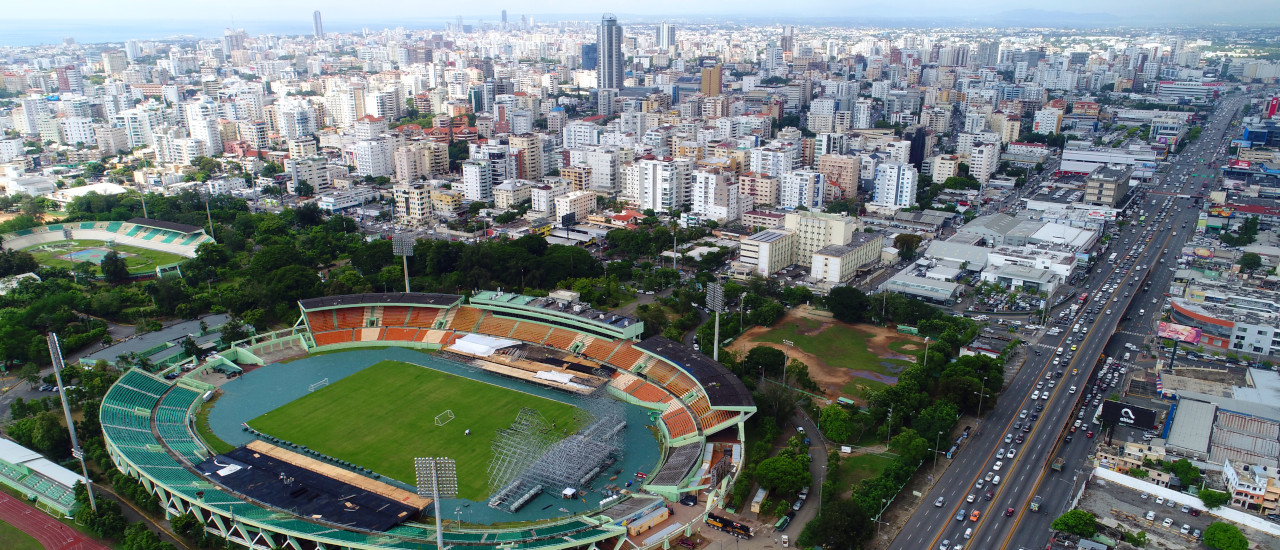
Doing Business in the Dominican Republic
Navigating Opportunities and Challenges
The Dominican Republic, nestled in the heart of the Caribbean, presents a unique blend of cultural richness, stunning landscapes, and a burgeoning economy that offers numerous business opportunities. With a population of over 10 million, this vibrant nation shares the island of Hispaniola with Haiti and has become an increasingly attractive hub for investors seeking new markets and diverse sectors. The foregoing provides a comprehensive overview of the business landscape in the Dominican Republic, encompassing its economic environment, regulatory framework, cultural nuances, and the critical macroeconomic aspect of Foreign Direct Investment (FDI). By understanding these elements, prospective entrepreneurs and businesses can navigate the complexities of doing business in this dynamic country.
Overview of the Dominican Republic
The Dominican Republic boasts a diverse economy, encompassing sectors such as tourism, agriculture, manufacturing, and services. This nation’s strategic location, with preferential access to major markets, makes it a compelling destination for foreign investment.
Economic Environment
Foreign Direct Investment (FDI) in the Dominican Republic has played a pivotal role in the country’s economic development. Over the last decade, the Dominican Republic has witnessed a consistent influx of FDI, significantly contributing to its economic growth. In 2020, despite global economic challenges due to the COVID-19 pandemic, the country attracted approximately $3.2 billion in FDI. This steady FDI inflow illustrates the nation’s appeal to foreign investors.
Key sectors that have traditionally attracted substantial FDI include tourism, manufacturing, energy, and telecommunications. The government’s active efforts to cultivate a favorable investment climate, offering incentives such as tax breaks, legal stability, and various investment promotion policies, have bolstered this steady growth in FDI.
Additionally, the Dominican Republic’s involvement in free trade agreements and its geographical proximity to major markets, such as the United States and Europe, have further encouraged FDI inflows. These agreements have not only opened doors for international investors to access the Dominican market but have also allowed them to utilize the country as a strategic base for exporting goods and services to a broader regional audience.
Challenges related to FDI in the Dominican Republic include bureaucratic hurdles and the necessity for continuous infrastructure development to support sustained economic growth and further attract FDI. Navigating these challenges while leveraging the FDI strengths is essential for businesses interested in the Dominican Republic.
Investment Opportunities
Tourism and Hospitality: The Dominican Republic’s pristine beaches and vibrant culture make it a hotbed for tourism and hospitality investment. With numerous resorts, hotels, and ecotourism initiatives, this sector offers significant growth potential.
Agriculture: The country’s fertile lands provide opportunities in agriculture, particularly in the production of coffee, cacao, and fruits. The government’s support for agricultural development and export-oriented policies makes this sector promising for investors.
Manufacturing and Free Trade Zones: The Dominican Republic hosts several free trade zones, attracting investors interested in manufacturing and exporting goods. The textile industry, in particular, has thrived in these zones.
Regulatory Framework and Business Environment
Understanding the regulatory landscape is crucial when considering business in the Dominican Republic. The government has made efforts to streamline business setup procedures, such as establishing the National Business Registry and simplifying the company formation process.
Challenges
Bureaucracy and Administrative Processes: Navigating bureaucratic hurdles in obtaining licenses, permits, and approvals can be time-consuming and complex.
Infrastructure: While the government has made strides in infrastructure development, there are still areas that need improvement, particularly in rural regions.
Cultural Nuances and Business Practices
Understanding the local culture and business etiquette is vital when engaging in business in the Dominican Republic. Building strong personal relationships is essential in establishing trust and successful business partnerships.
In conclusion, doing business in the Dominican Republic offers a wealth of opportunities across various sectors. The country’s strategic location, diverse economy, and government initiatives to create an attractive business environment make it an appealing destination for entrepreneurs and investors. To capitalize on these opportunities, investors must leverage the nation’s strengths and mitigate its challenges effectively, thereby ensuring a successful foray into the Dominican market.
Let ECOVIS VS+B be your guide in successfully doing business in Dominican Republic.
Links
- https://archive.doingbusiness.org/country/d/dominican-republic/DOM.pdf
- https://do.usembassy.gov/business/getting-started-dominican-republic/
- https://www.worldbank.org/en/country/dominicanrepublic/overview
- https://www.lloydsbanktrade.com/en/market-potential/dominican-republic/economy
- https://www.unwto.org/investment/tourism-doing-business-investing-in-dominican-republic




